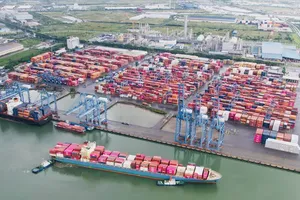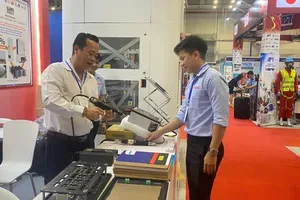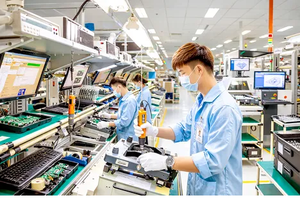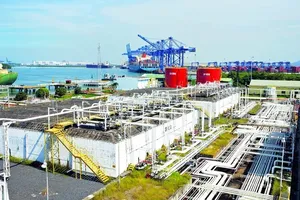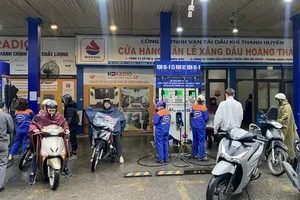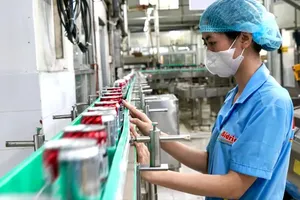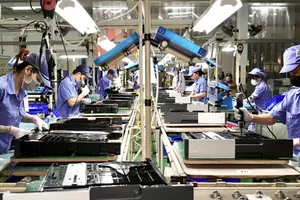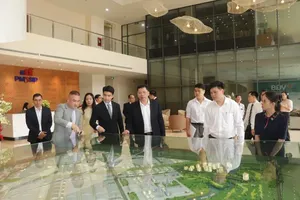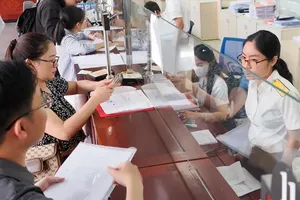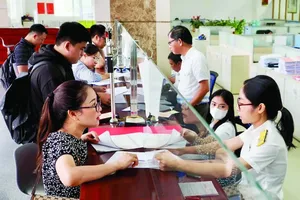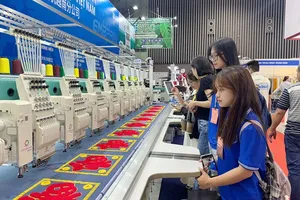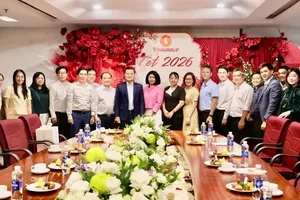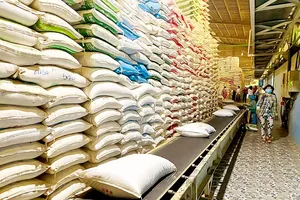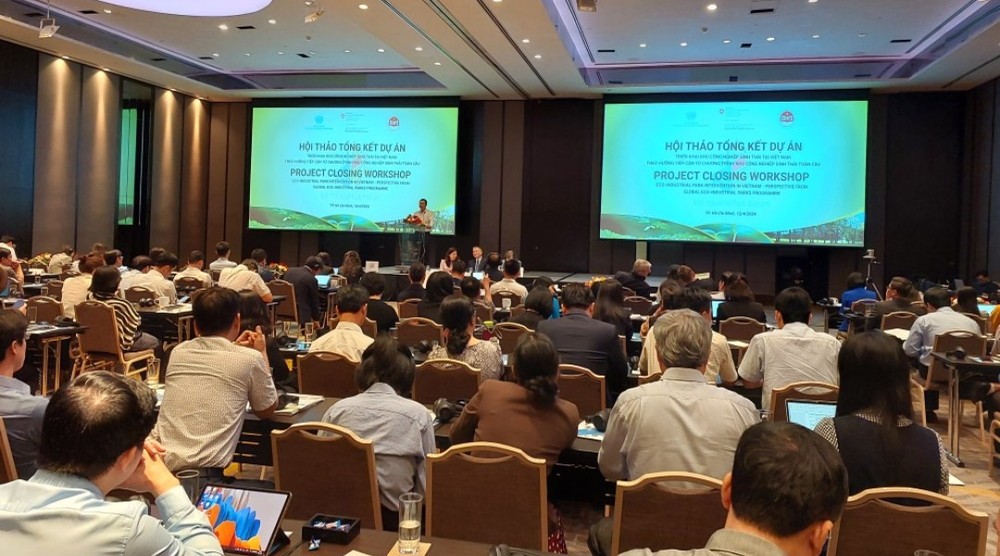
The workshop took place in Ho Chi Minh City.
The project “Implementation of Eco-industrial Parks in Vietnam” in accordance with accessing the Global Eco-Industrial Parks Program was approved and carried out from May 2020 and it will be terminated by April 30, 2024.
Some industrial parks in Vietnam have joined the program, including Hiep Phuoc Industrial Park in Ho Chi Minh City, Dinh Vu Industrial Park in Hai Phong City, Tra Noc Industrial Park in Can Tho City, Amata-Bien Hoa Industrial Park in Dong Nai Province and Hoa Khanh Industrial Park in Da Nang City.
Attending and speaking at the event, the national representative of UNIDO in Vietnam Le Thi Thanh Thao highly appreciated the commitment of the Vietnamese Government to the development of eco-industrial parks and the close relationship with the Ministry of Planning and Investment.
Ms. Thao believed that the huge benefits in terms of economy, environment and society from the project would contribute to spreading the eco-industrial park model toward comprehensively and sustainably developing the industrial sector in Vietnam.
Head of the Cooperation and Development Agency, Swiss Embassy in Vietnam Sibylle Bachmann stressed that the significant role of the project would facilitate the development of a sustainable and prosperous industrial sector. With the project support, Vietnam issued regulations regarding management of industrial solid waste, re-usage and recycling of wastewater.
In the upcoming time, via UNIDO, the Swiss Government shall continue to support Vietnam to actualize the policy in reality.
At the workshop, managers, experts and representatives of businesses gave opinions on developing industrial symbiosis and sharing experiences in transforming into eco-industrial parks and so on.
The total sponsorship for the project in the period 2020 – 2024 costs over US$1.8 million donated by the State Secretariat for Economic Affairs – SECO.
In order to implement the project, the Ministry of Planning and Investment and UNIDO have collaborated to support transmission steps from current industrial parks to eco- ones with 603 solutions of greener and more effective production methods.
